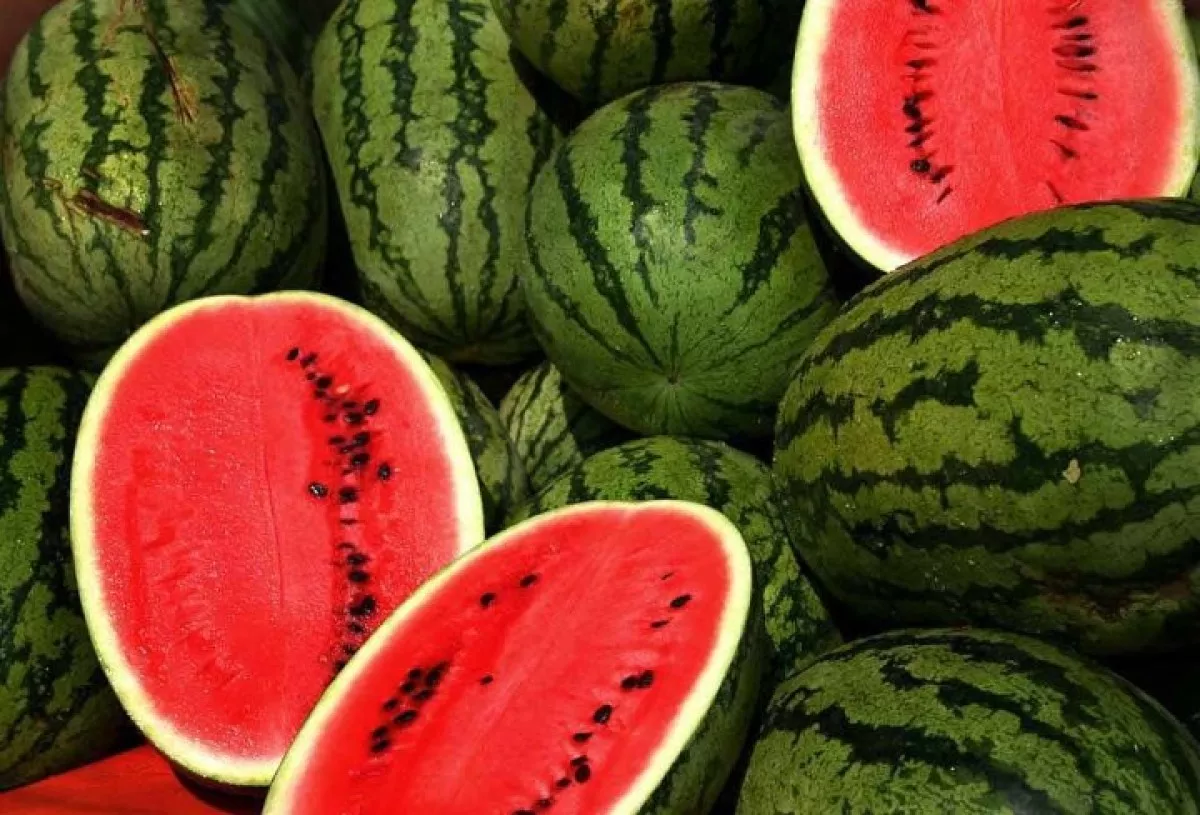Melon is beneficial for health, caution is necessary

During the peak season of melons, this fruit is widely available in markets and stores across Uzbekistan. This was reported by Upl.uz.
Health and nutrition specialists are calling for a deeper understanding of its benefits and potential risks. Melon is an integral part of the summer diet, being not only a sweet and refreshing product but also a beneficial natural product for health.
Scientific research is considering melon as a functional food product. According to studies published in international journals, melon contains bioactive compounds such as lycopene and citrulline, which have anti-inflammatory and antioxidant properties.
Melon is composed of 93% water, and its calorie content is very low — only 27-30 calories per 100 grams. The sugar content consists of fructose, glucose, and sucrose, which gives this fruit its sweet taste.
The amounts of protein and fat are very low. The flesh of the melon is colorful, with red indicating lycopene, while yellow and dark yellow colors are related to beta-carotene.
Regularly including melon in the diet helps prevent cardiovascular diseases, metabolic disorders, and certain types of cancer. The citrulline amino acid, which is important for heart health, converts to arginine in the body, which dilates blood vessels, improves circulation, and lowers blood pressure.
This property makes melon especially beneficial for those suffering from hypertension. Additionally, lycopene is a powerful natural antioxidant that protects cells from harmful free radicals and helps reduce the risk of cancer.
The substances in melon positively affect sugar and fat metabolism, help control blood sugar levels, and reduce fat accumulation. At the same time, consuming melon in moderation may increase insulin sensitivity in people with metabolic syndrome.
Not only the flesh of the melon is beneficial, but also its seeds and skin. The seeds are a source of protein, unsaturated fatty acids, and magnesium.
The skin is rich in fiber and has a high citrulline content. In some regions, the skin is dried and ground to be used as a food supplement.
Health Ministry specialists recommend caution when consuming melon. People with diabetes, especially those with type 2 diabetes, should consume melon in moderation and with caution, as it contains rapidly digestible carbohydrates.
Additionally, the fiber and certain types of carbohydrates in melon can cause gas and discomfort in those with gastrointestinal issues. The strong diuretic property of this fruit may put extra strain on the kidneys, so it is advisable for people with kidney disease to consult a doctor before consumption.
There is also a problem with the excessive use of nitrogen fertilizers in melon cultivation. Such fruits have a bright green skin, while the flesh may be unusually red or purple, posing a risk of poisoning.
Regional governors have instructed to strengthen quality control in markets. Experienced farmers advise paying attention to several signs to determine the ripeness and safety of melons.
The skin should be firm and shiny, with a bright yellow spot where it was attached, and the skin holding the fruit should be dry and hard. The dryness of the stem and the clear, deep sound when tapping the fruit are also indicators of quality.
A medium-sized quality melon typically weighs around 5-7 kilograms. Specialists do not recommend buying melons before mid-July, as

